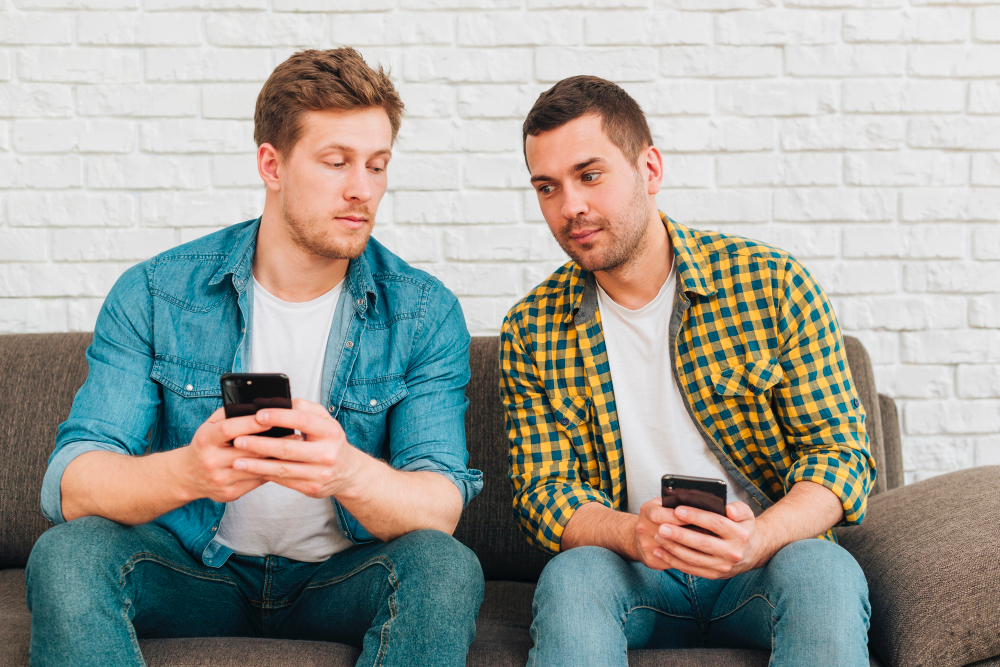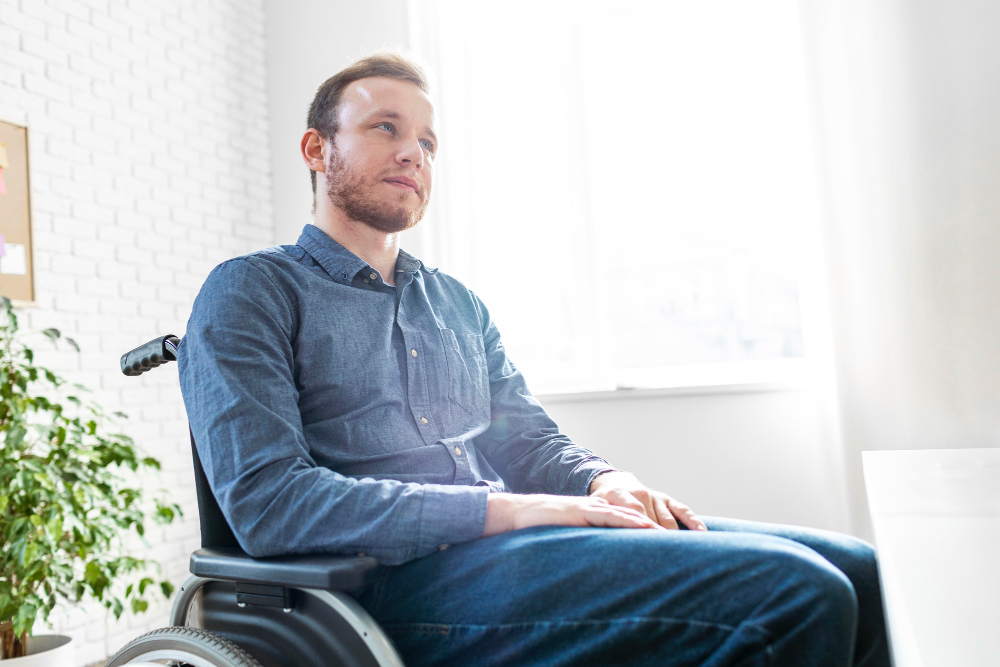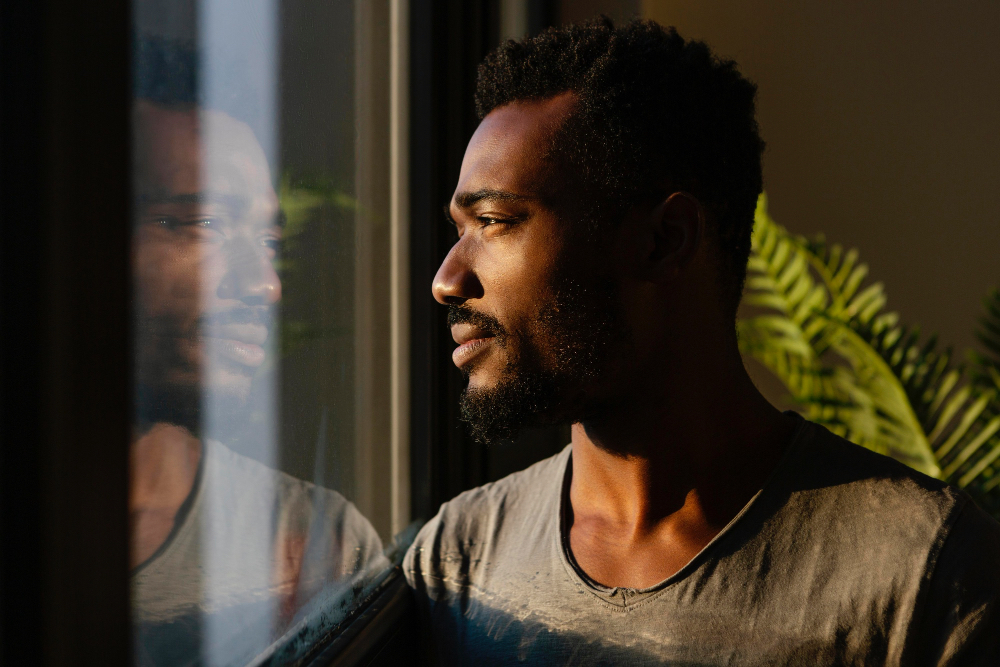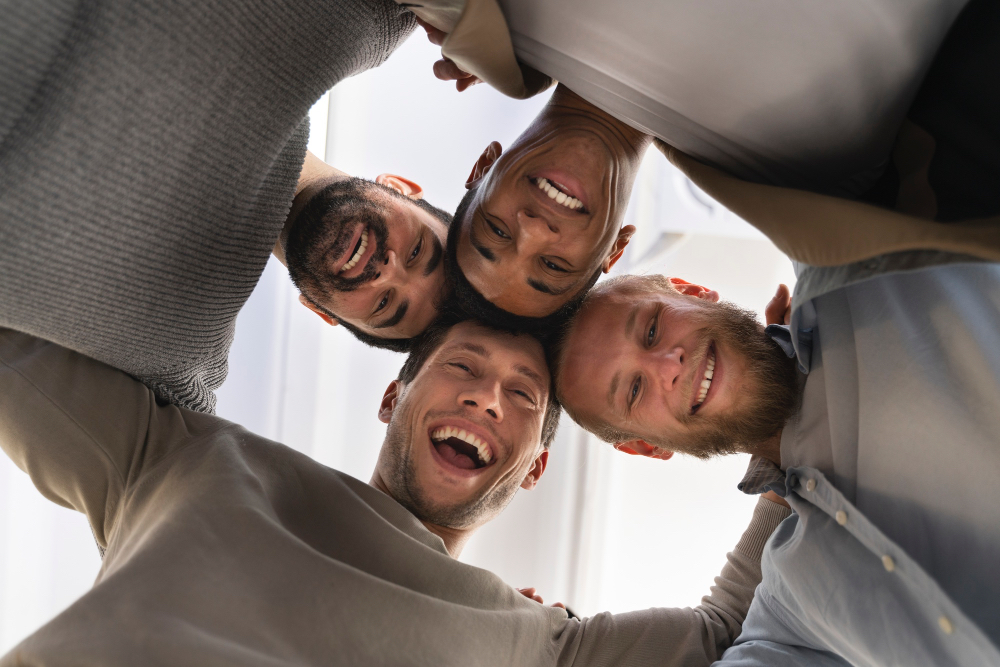The Role of Hookup Apps in Infidelity
Hookup apps can both connect and complicate gay relationships, often becoming a space where unmet needs and unspoken boundaries lead to infidelity. Healing begins not with blame, but with honest reflection on what the app use reveals about emotional connection, communication, and desire.

As a therapist working with gay men and couples, I often see how technology both connects and complicates our relationships. Hookup apps—Grindr, Scruff, and others—have changed the landscape of dating and sex. They sometimes offer visibility and connection in ways that many of us never had growing up. Yet, for some couples, these same apps become the stage for betrayal, secrecy, or confusion about boundaries.
Cheating in gay relationships often looks different from what we see in straight couples. Many gay men have open or flexible agreements, where sex outside the relationship is not inherently a betrayal. The real issue arises when communication breaks down—when one partner steps outside what was agreed upon, or when emotional honesty gets replaced by secrecy. Hookup apps can make that line blur easily. They’re always in our pockets, always offering a sense of possibility or escape.
For some men, using these apps in secret isn’t just about sex. It’s about unmet emotional needs—wanting to feel desired, young, or in control. For others, it’s about avoidance: avoiding conflict, vulnerability, or the fear of being truly seen by their partner. In that sense, the app isn’t the cause of infidelity—it’s the tool through which deeper issues play out.
When infidelity happens, I encourage couples not to start with blame, but with curiosity. What was missing, ignored, or feared in the relationship? What did the app represent to the person who strayed? Sometimes, these painful moments become an opportunity for honesty and growth, helping couples rebuild stronger foundations of trust and communication. Other times, they mark the end of a connection that’s run its course—but even then, they can be a catalyst for self-awareness.
Ultimately, hookup apps aren’t inherently good or bad. They’re mirrors. They reflect our needs, insecurities, and desires—both the ones we’re proud of and the ones we hide. Learning to use them mindfully, and to talk openly about how they fit (or don’t fit) into a relationship, is part of the ongoing work of being authentic, connected, and compassionate—with ourselves and each other.



